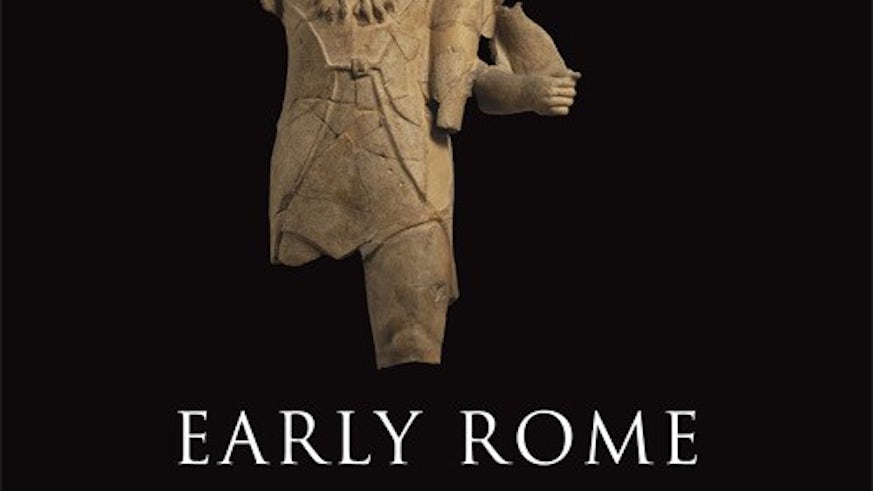The beginnings of Roman power
3 December 2020

Rome’s early emergence to imperial power explored in first of new series on Ancient Rome
The emergence of Rome as an imperial power is the focus of the latest book from the Ancient History team at Cardiff. In his new book, Professor of Roman and Early Italian History Guy Bradley details how Rome developed from a minor settlement on the Tiber into the most powerful city-state in Italy in the first few centuries of its existence.
Launched this week from Cardiff, the book examines the reasons for Rome's emergence and success within a highly competitive Italian environment, and how much it owed to its neighbours.
The first volume in The Edinburgh History of Ancient Rome explains how many of Rome's key characteristics, such as its powerful ruling elite, its stable political institutions, its openness to outsiders, and its intensely militaristic society, were shaped by their origins in the monarchy and early Republic.
Covering the rise of Rome from small scale community to supremacy in central Italy, this new study uses the latest archaeological evidence to demonstrate the sophisticated and cosmopolitan nature of early Rome.
In his wide-ranging research, Professor Guy Bradley has focussed on the history and archaeology of Italy and Rome in the first millennium BC, using approaches that draw on comparative historical and anthropological studies and the integrated use of archaeological, epigraphic and literary sources.
Early Rome to 290BC: The Beginnings of the City and the Rise of the Republic is published by Edinburgh University Press.
